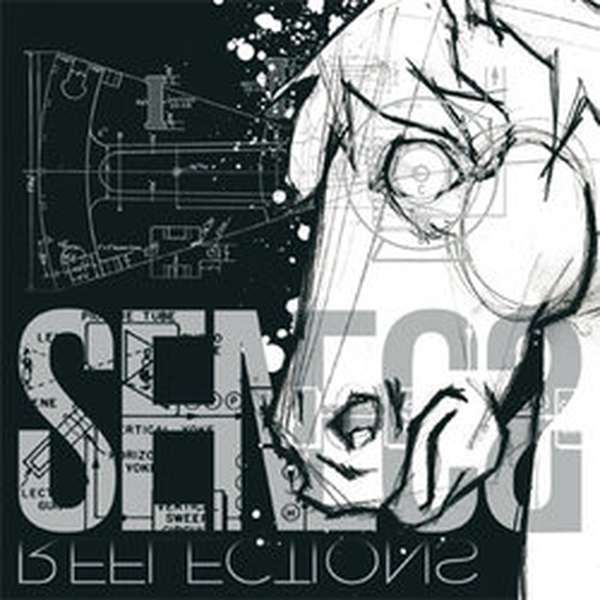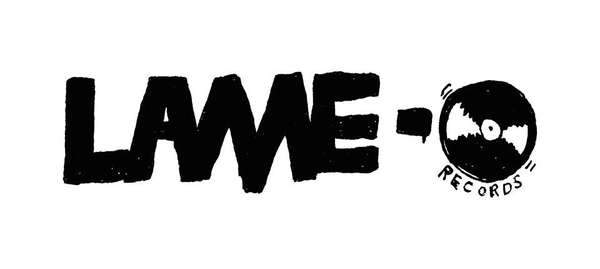Although they aren't breaking any new ground, especially in the already worn-down genre of metalcore, North Carolina's Seneca are talented at what they do. Though everything they've written on their sophomore album Reflections has been done before, they execute it with such precision and emotion that it gives it a new feel. This isn't to say that their songs were copied or stolen, just that they follow the genre's guide-book to the letter.
Reflections opens with an instrumental track "Optical," which is basically just ambiance and a breakdown leading into the album. This is a fitting introduction because, frankly, much of the eleven tracks are breakdowns. In fact, listening to the songs, it's sometimes hard to spot where one breakdown ends and the next begins. Sure there's sweeps and a few hooks, but even they're on top of a breakdown most of the time. But hey, just because it's littered with all-too-many breakdowns, doesn't mean you cant enjoy it, especially with the lyrics and on-time screaming of "Pale Horse" and catchy singing chorus in "Black Gold."
The production on Reflections is top notch however, as per Jamie King's (Between the Buried and Me's Colors and The Great Misdirect) expert mixing job. The bass however, is inaudible, which always seems like a waste. The drumming is on time well done, with some great fills in there between the low-tuned guitars chugging away. The vocal work on the album, singing and screaming, is excellent and stands out the most during the music. Corey manages to alternate well between a tolerable singing voice and an excellent scream. Overall Seneca sounds like The Acacia Strain meets Haste the Day minus any solos you might expect.
There are two interludes on Reflections, both of which are both noting for different reasons. 'Illusions' is more of a slow singing buildup, while the last song, "Reflections" is an acoustic ballad to end the album, which is strange for the title track. I found that the first, "Illusions," showed me that Seneca can build a quiet song with normal song structure, and the latter was simply boring and a pointless way to end an album of such intensity.
Would I give Reflections another spin? Most probably not. Perhaps "Pale Horse" or "Black Gold," simply because they're the only really good songs on the album, the others are just kind of there. They aren't bad necessarily, just not interesting or catchy. As I mentioned briefly before however, they're talented at what they do, so if a multitude of breakdowns is what tickles your musical desires, then you'll enjoy. It seems Reflections is another metalcore album that flew under the radar because of lack of originality.




